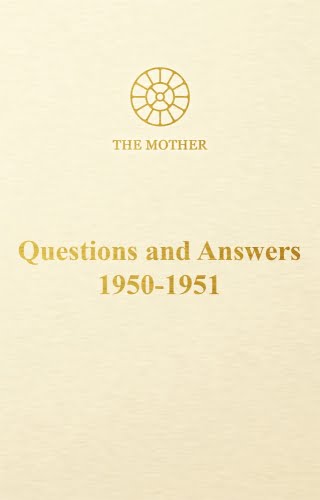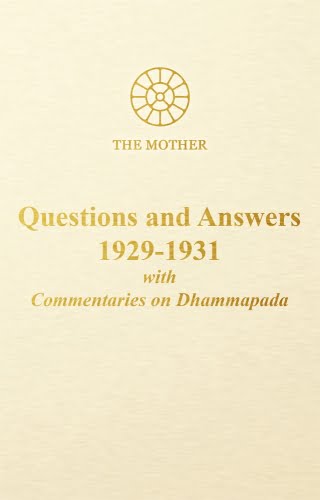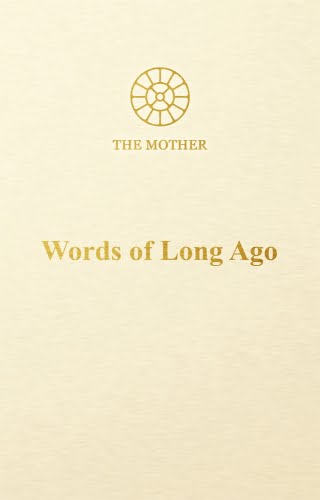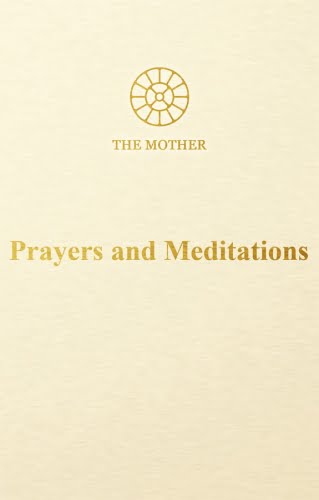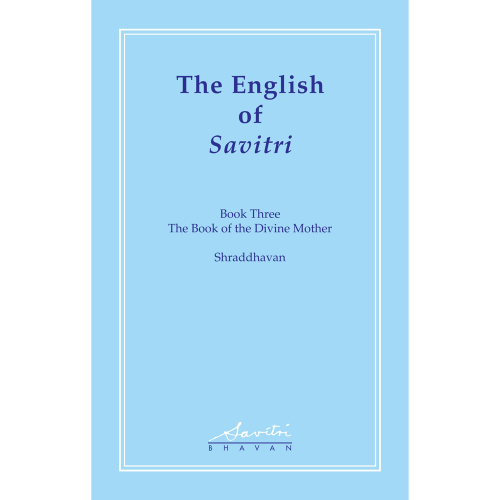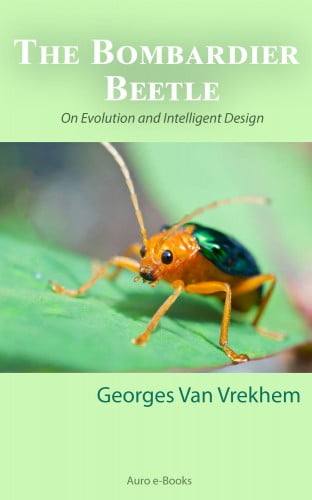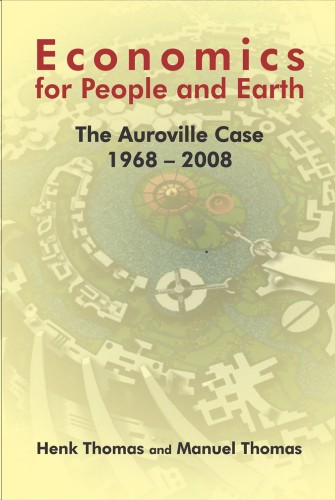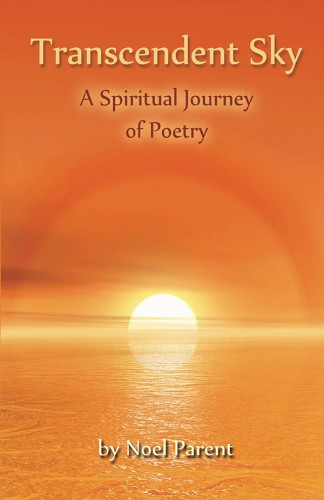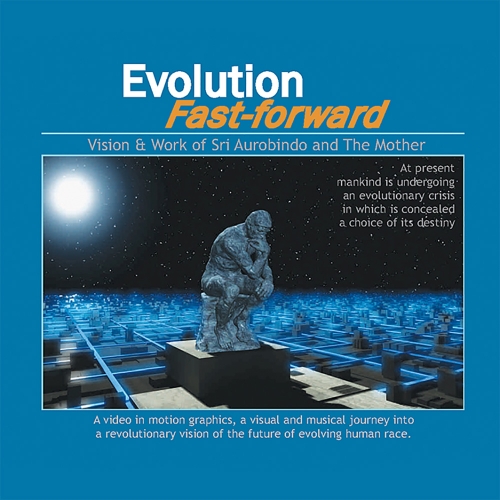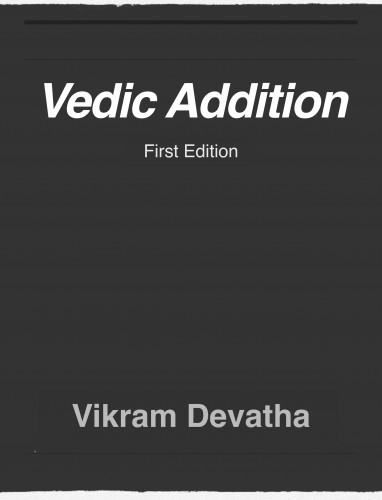
Words of Long Ago
Collected Works of the Mother Volume 2
Writings and talks from 1893 to 1920. The volume includes early essays, talks to seekers in Paris, essays written in Japan, and Tales of All Times, some stories for children. This volume contains all the writings of the Mother from the period before 1920, the year she settled in Pondicherry, with the exception of Prayers and Meditations. The book is divided into seven parts, according to the nature and date of the material. Most of the pieces were written originally in French and appear here in English translation.
Part 1. The essays and stories in this part were written by the Mother between 1893 and 1912. All the texts were written in French. All but two were first published in 1946 in the first part of a book entitled Paroles d’ autrefois. This book was reprinted in 1955. An English translation, entitled Words of Long Ago, was published in 1946 and reprinted in 1952 and 1947. In the 1978 edition of Words of Long Ago, the contents of Part 1 of the previous editions were rearranged according to date and two new pieces added: “A Sapphire Tale” and an unpublished note related to “On Thought”. “A Sapphire Tale” was first published in the original French and in English translation in the monthly journal Mother India in February 1957. At the time of its publication the Mother remarked to the journal’s editor that the story expressed “the ideal of the overmind creation”. The original translations of all the contents of Part 1 were revised for publication in 1978 in Words of Long Ago, Volume 2 of the Collected Works of the Mother. The same contents were brought out in the original French in 1983 in Paroles d’autrefois, the French counterpart of Volume 2 of the Collected Works.
Part 2. The essays in this part were written by the Mother for the meetings of “a small group of seekers” in 1912. All the texts were written in French. All but one were published in 1946 in the second part of Paroles d’autrefois. This book was reprinted in 1955. An English translation, entitled Words of Long Ago, was brought out in 1946 and reprinted in 1952 and 1974. In the 1978 edition of Words of Long Ago, one new piece was added: the essay for the meeting of 7 May 1914. This essay, which was restored to its original position in the series, was first published in 1939 in Quelques paroles, quelques prièrs and in English translation as the Foreword to the 1940 edition of Words of the Mother. The question at the beginning of this essay, taken from the Mother’s handwritten manuscript, was published for the first time in the 1978 edition of Words of Long Ago. The original translations of all the contents of Part 2 were revised for publication in that edition. The same contents were brought out in the original French in 1983 in Paroles d’autrefois.
Part 3. Between 1911 and 1913 the Mother gave a number of talks to different groups in Paris. Two of these talks, “On Thought” and “On Dreams”, appear in Part 1 of this book. Several other talks never published in the Mother’s lifetime are published here as Part 3. The Mother sometimes presented the same talk to different groups, with suitable additions and alteration. These variants, if significant and non-repetitive, have been given here in footnotes. A note relating to the Mother’s talks, which was found among her manuscripts, has been placed before the other items. The talks, notes and reflections in this part, all from the period 1912-13, were first published in English translation in 1978 as Part 3 of Words of Long Ago. The original French texts were first brought out in 1983 as Part 3 of Paroles d’autrefois.
Part 4. The writings in this part, similar to Prayers and Meditations, were not published in the Mother’s lifetime. Several of the pieces are dated between 1914 and 1916; the remainder seem clearly to belong to the period before 1920. These writings first appeared in English translation in 1978 as Part 4 of Words of Long Ago. The original French texts were first brought out in 1983 as Part 4 of Paroles d’autrefois.
Part 5. This part comprises several short essays and notes entitled by the Mother “Notes and Reflections”, and a few related writings. Several of the pieces are dated between 1914 and 1915; the rest appear to have been written around the same time. None of the writings were published during the Mother’s lifetime. They first appeared in English translation in 1978 as Part 5 of Words of Long Ago. The original French texts were first brought out in 1983 as Part 5 of Paroles d’autrefois.
Part 6. The letters, essays, etc. comprising this part were written in Japan between 1916 and 1920. “Woman and the War”, written originally in French, was published in an English translation seen and revised by the Mother, in the Fujoshimbun on 7 July 1916. “Woman and Man”, written in French around the same time and translated into English by the Mother, was never published in either language during her lifetime. “Reminiscences” also appears to have been written first in French and translated subsequently into English, very likely by the Mother herself. The other pieces in this part appear to have been written originally in English. They are among the Mother’s first compositions in the English language. “Impressions of Japan”, dated 9 July 1915, was written in Akakura and published in the form reproduced here in the Modern Review (Calcutta) in January 1918. “The Children of Japan”, an incomplete letter, was written shortly after “Impressions of Japan”, “Myself and My Creed” was written in February 1920. “To the Women of Japan” is undated. It exists in several versions, one of which has been chosen as the principal text; to this, passages from other versions have been added. Part of this talk was published as “To the Women of the World” in the annual Sri Aurobindo Circle of 1947. Some revisions, made by the Mother for this publication, have been included in the present text. A greater portion of the talk was published as “Talk to the Women of Japan” in 1967. The last part of “To the Women of Japan” incorporated passages from Sri Autobindo”s Human Cycle, Synthesis of Yoga, etc. The pieces in this part were published together in English in 1978 as Part 6 ofWords of Long Ago. The same pieces were brought out in French in 1983 as Part 6 ofParoles d’autrefois.
Part 7. The Mother translated and adapted some stories written by F.J. Gould which had been published in his Youth’s Noble Path in 1911. The Mother’s versions, written in French, were first published under the title Belles Histoires in 1946. English translations of the stories were first brought out in 1951 under the title Tales of All Times. These translations were revised for inclusion in Part 7 of the 1978 edition of Words of Long Ago. Several hitherto unpublished stories were translated and added as an appendix to that volume. All the stories were published in the original French in 1983 in Part 7 ofParoles d’autrefois and its appendix.
Read more

